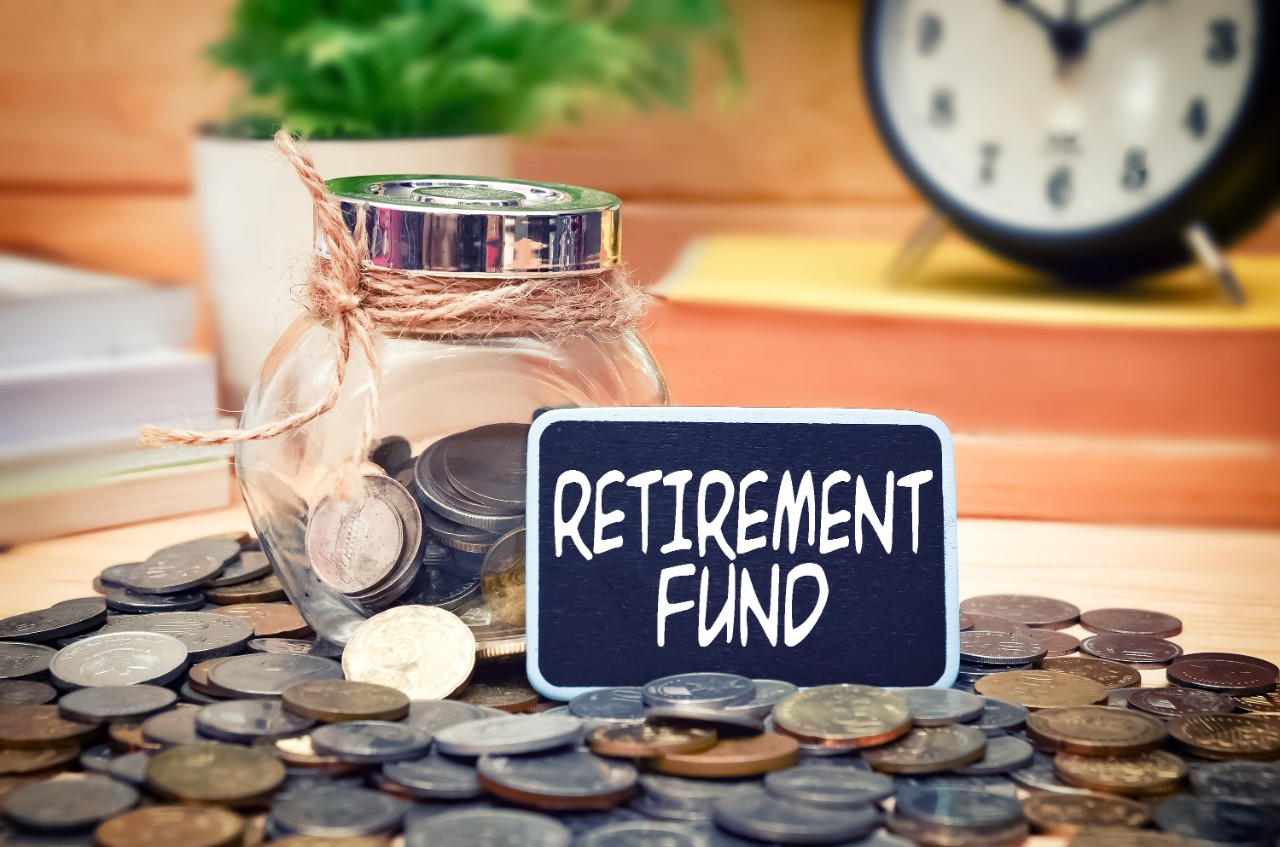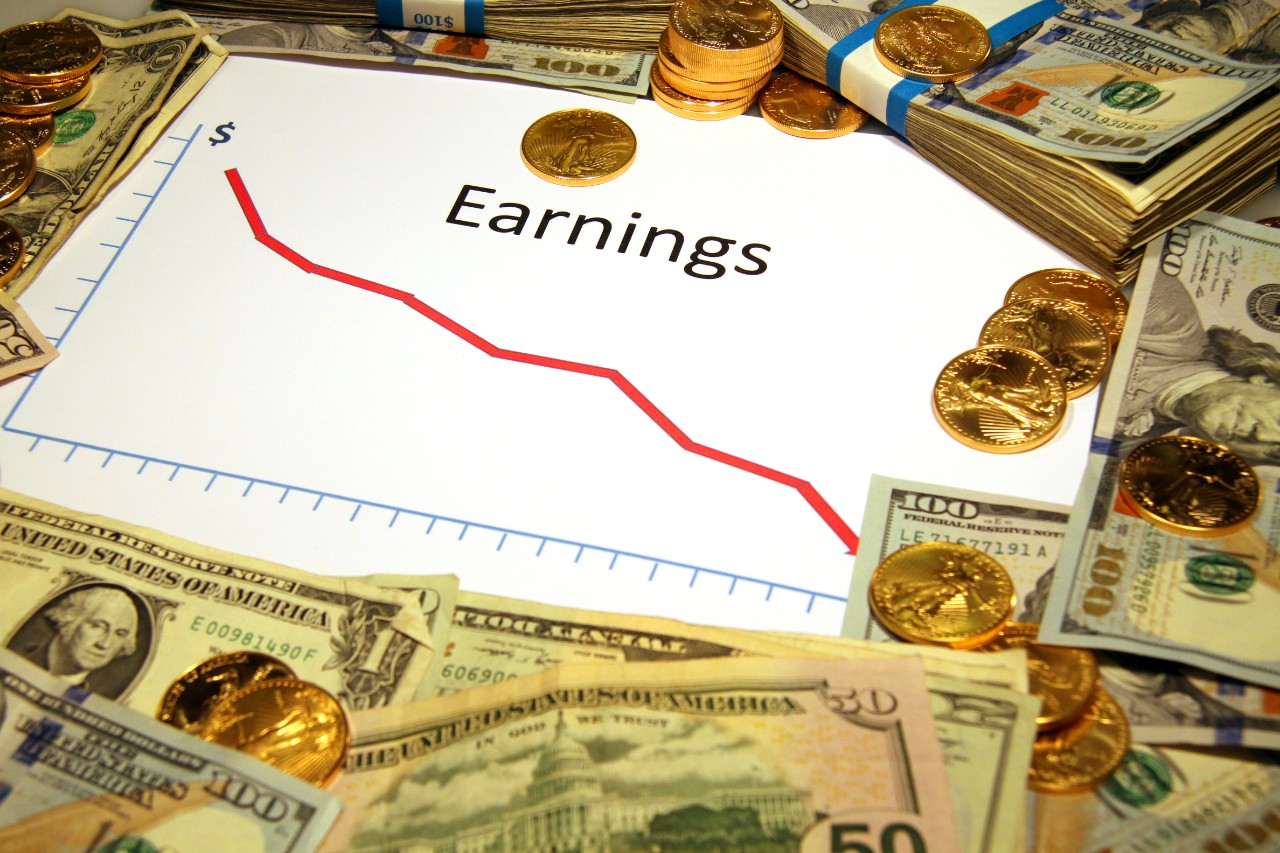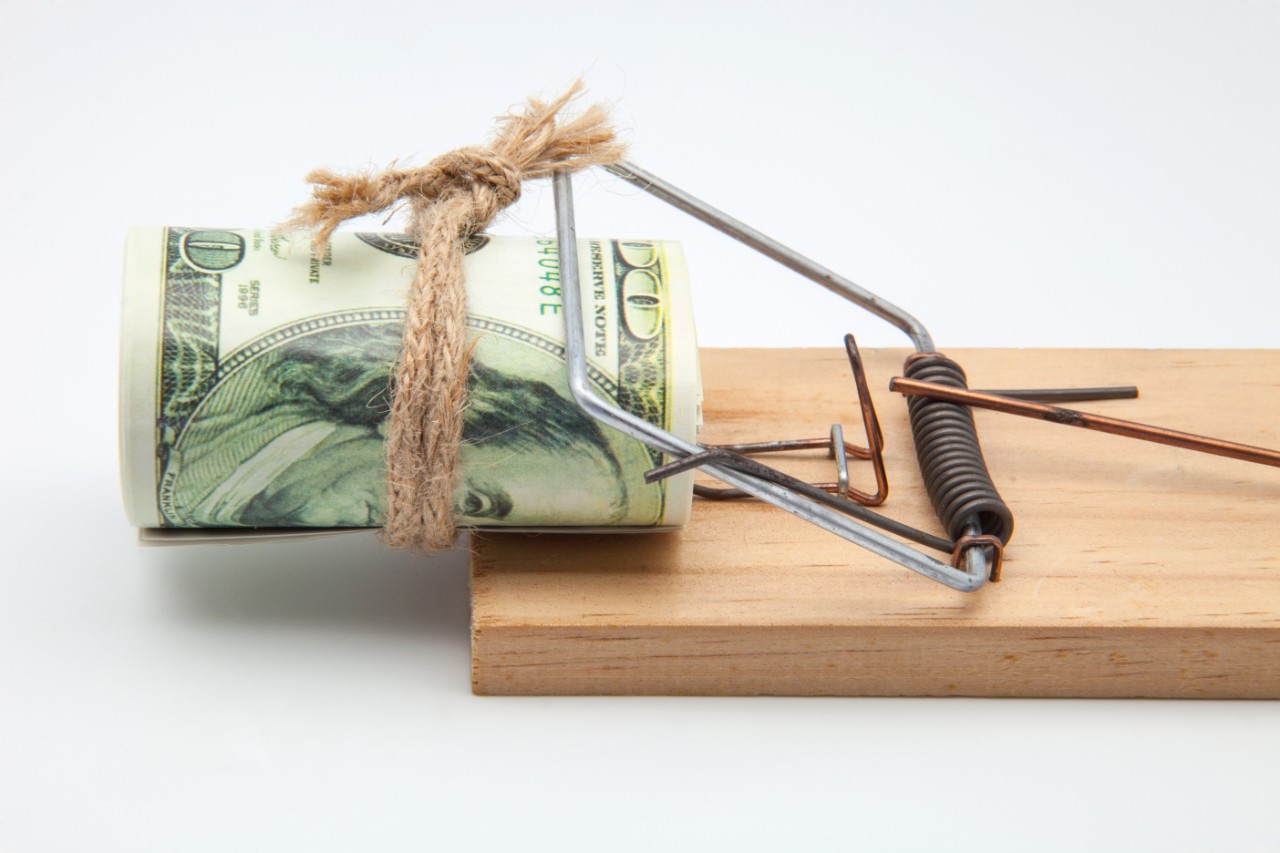3-Mins Guide To Retirement

1. When is the best time to start planning for retirement?
There really is no reason to delay planning for your retirement. So the sooner you start putting away money into your retirement savings the better. In Singapore, the average person only starts saving for their retirement at 38 years of age. Frankly, that’s too late. While it can be tough early in your career to find spare cash to save, you don’t need to put away a lot. Just a little bit each month, for example $200, will make a huge difference in years to come. This is because of compound interest – basically interest on the interest you are earning.
2. How Much Money Do I Need To Retire On?

This depends on your personal situation and what sort of income you feel you will need once you retire. The best place to start is to figure out how much you are likely to spend each month after you retire. Include food, clothing travel and healthcare. This last one is hard to predict but you don’t need to be precise. Just a ballpark figure will do for now. There are retirement calculators that can help you work out your own magic number, and the size if the pension pot you will need to build up during your working life.
3. But Won't My Expenses Go Down Once I Retire

It’s a dangerous assumption that your spending will fall once you stop working. Some experts estimate that retirees will spend around a quarter less in retirement compared to when working, but this isn’t always the case. Some people want to do a lot of travelling with the extra leisure time they have. And medical bills may also rise as you get older. Another factor to consider is the effects of inflation. So if you currently spend $5 every day for a cup of coffee and want to continue that habit in retirement in 20 years’ time, that cappuccino could easily cost more than $6. Estimate for an inflation rate of about 1%-2% a year.
4. What If I Continue To Working Into Retirement?

Many people are deciding to continue working passed normal retirement age for a number of reasons – they enjoy working, they need to save more as they will live longer or they still have dependants. Whatever your reasons you should factor in this extended income stream. But don’t over-estimate how long you will be working for in case you change your mind or need to slow down for health reasons. Some people decide volunteering is a good idea in retirement, but of course you won’t be earning an income.
5. Where Should I Be Saving My Money?

Keeping your cash in a savings account is dangerous as interest rates are often lower than inflation. This means you savings are shrinking if you leave them here. Given the long time frame you are saving for – up to 40 years for some people – investing in equities and bonds makes sense. While this may be riskier than keeping it in a poorly-paying savings account, you can spread your risks by using unit trusts that invest in a basket of shares.
6. How flexible are retirement products, in case my plans change?

The good news is that retirement plans have become a lot more flexible nowadays and will let you choose from a range of retirement ages. With Manulife, if you originally chose a retirement age of 60 years but as you get older think you will work for longer you can easily change it to 70 years. You can also choose for how long you want your income period to be along with how long you pay the premiums for – 5, 10 or 20 years or a single premium.
Health Tips
Tips to live a healthier lifestyle!
Financial Tips
Be smarter in managing your finance!
Talk to Us
Got questions? Please call us:
1800 211 211 (Toll-Free)